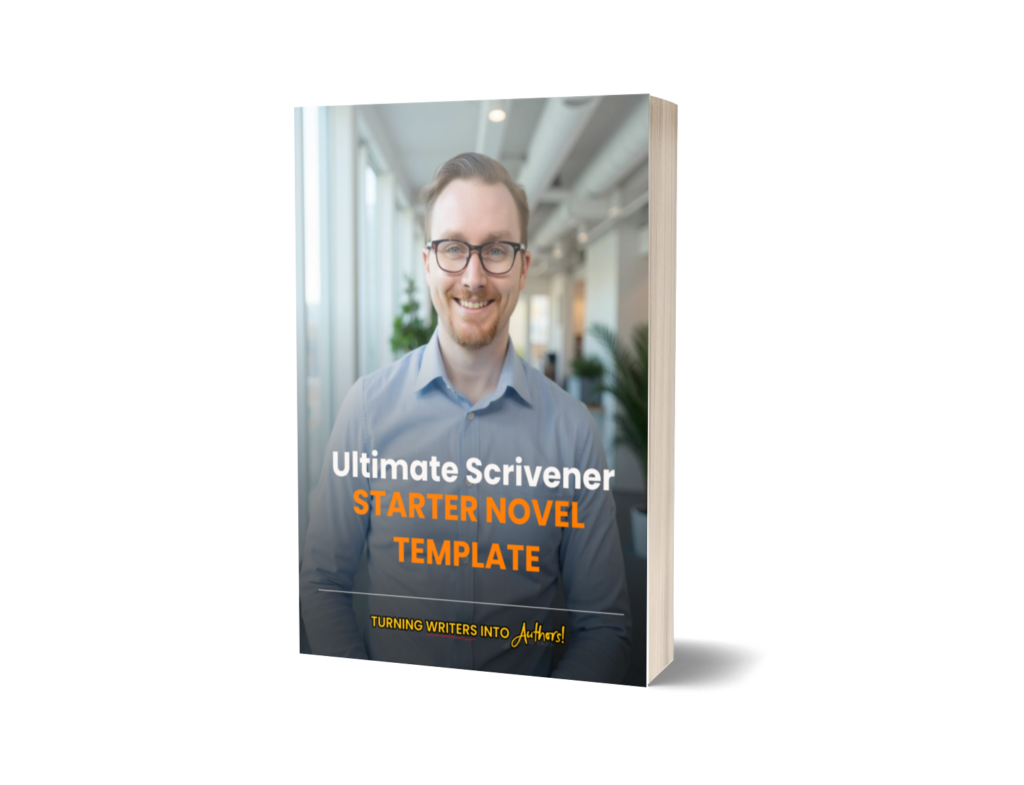Wait? What am I doing wrong?
You are not taking full advantage of your writing tools! You might be using these tools daily. It’s possible you may have them lying around, but hardly touch them. And a few of the writing tools aren’t tangible things, but rather smart guidelines you may know, but don’t follow. Regardless of where you stand, there are a few suggestions I like to give you before we get started. You’ll be tempted to skip down and read what the tools are first. Let’s face it, you probably already did! But please don’t skip this section. It’s important.
- A tool is only as good as it’s user.
- If you don’t know how to write, then having a fancy notebook, an expensive computer, or a neatest writing app isn’t going to make you a better writer. Writing content is going to make you a better writer.
- I had to learn this the hard way. I spend years gathering “tools” that were fancinating or promised to help me write better, and I wasted a lot of money. Remember it’s not the tools that make a great writer. Use the tools at your disposal, even it’s just a cheap pen and paper, and as your story grows your tools with grow with you.
- If you haven’t written anything today. Stop now and write for twenty minutes before continuing.
- Gather and Organize your Tools
- You may be tempted to go and out and buy the best of the best—don’t. Take an inventory of the writing tools you already possess and start there. Don’t go out any buy anything unless you’re absolutely sure you really need it. Chances are you have everything you need already.
- After reading the article, write down the list of what you have and organize it. Start with your bag, so you have a writing bag you can grab and go. Next, organize your office or dedicate a space in your house as your go-to, writing zone.
- Start Simple and Cheap
- If you do need to make a purchase, start simple and cheap. You can scale up after you’ve developed a solid wriing habit and when you start making money!
The Writing Tools
The list below is not comprehensive, but the correct use of the following tools is vital to continued success.
- Notebook & Pen
- You probably have tons of half-filled notebooks right now. Grab one and start paying attention to what’s going on around you. If you’re not sure what to do, get out of the house and go somewhere public. Observe human behavior and converations and write about it in your notebook. Personally, I like Moleskine and Hyatt’s Full Focus Notebook, but don’t buy a new one if you have others lying around.
- You need a place to write down ideas and plans immediately. Don’t forget to make some time to review what you wrote. I review mine once daily just before I start writing.
- Find a pen. A good pen is worth it. You can certainly start with whatever is lying around, but you have my permission to go to Office Depot and buy a Parker Jotter. Personally, I prefer the 0.5 Blue Gel Ink. It’s reliable, easy to read, and doesn’t bleed on most papers.
- Computer/Tablet/Typewriter
- This is probably your most expensive purchase. I’d encourage you to use whatever it is you already have—unless it’s extremely unreliable. I saved up and bought and iPad Pro and a Mac Mini. If I had to do it again, I’d choose a MacBook Air instead of the iPad. Both those devices set me back, but they are extremely reliable.
- Whatever you get, make sure that you clean it up and make it as distraction free as possible. Block time wasting sites and apps. Make your writing app easily accessible. If you’re going old school and using a typewriter then you’re already good to go.
- Music
- Curate a playlist that inspires you to write. Music preference varies from person to person, so it’s best you do it yourself. If you’d like me to share my playlist with you let me know in the comments.
- It might be worth it to spend at maximum and hour each month creating a playlist that inspires you. Spending any more time on it is essentially procrastination.
- Take Breaks and Use Timers
- When I was in my teens and twenties I spend hours each day writing and working on my computer, which resulted in a repeative strain injuries. It was so bad I had to visit a physical therapist. Thankfully, I’m improving, but it’s a difficult and painful process. If you’re not taking writing breaks. Start now.
- Timers are your best friend. Not only can you set the time for you writing session and breaks, but timers are also great for overcoming writer’s block. Often when I come to write, I feel overwhelmed by all the things I need to do to write my novel. Setting a timer gives you the permission break it up the workload. Just tell yourself, I only have to write for fifteen minutes. Once you get started, you’ll usually find it hard to stop when the timer goes off.
- Energy
- Time is fixed. We all have the same amount of time each day, but energy is largely dependent on our health. How we take care of our bodies will determine how much energy we have to do what we love. Pinpoint the times you have the most energy and write at those times, and aim to make choices throughout the day that will increase your energy levels.
In Conclusion
Choose to be intentional with your tools. Gather your tools together and make a plan on how you can best go about building your writing career. Manage your energy and your time and start writing now.
